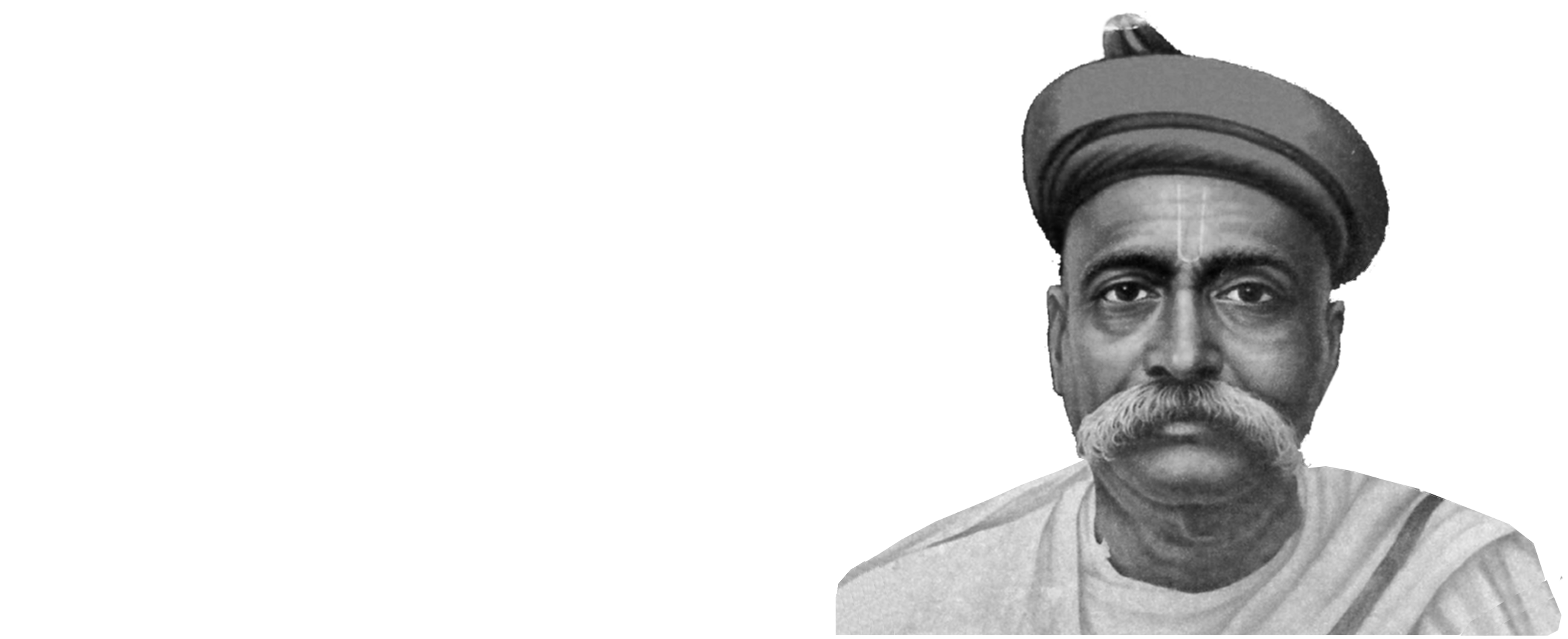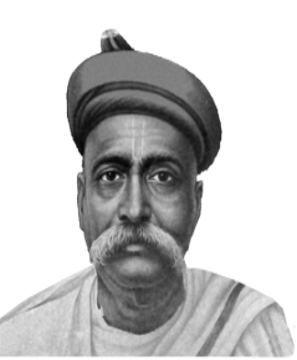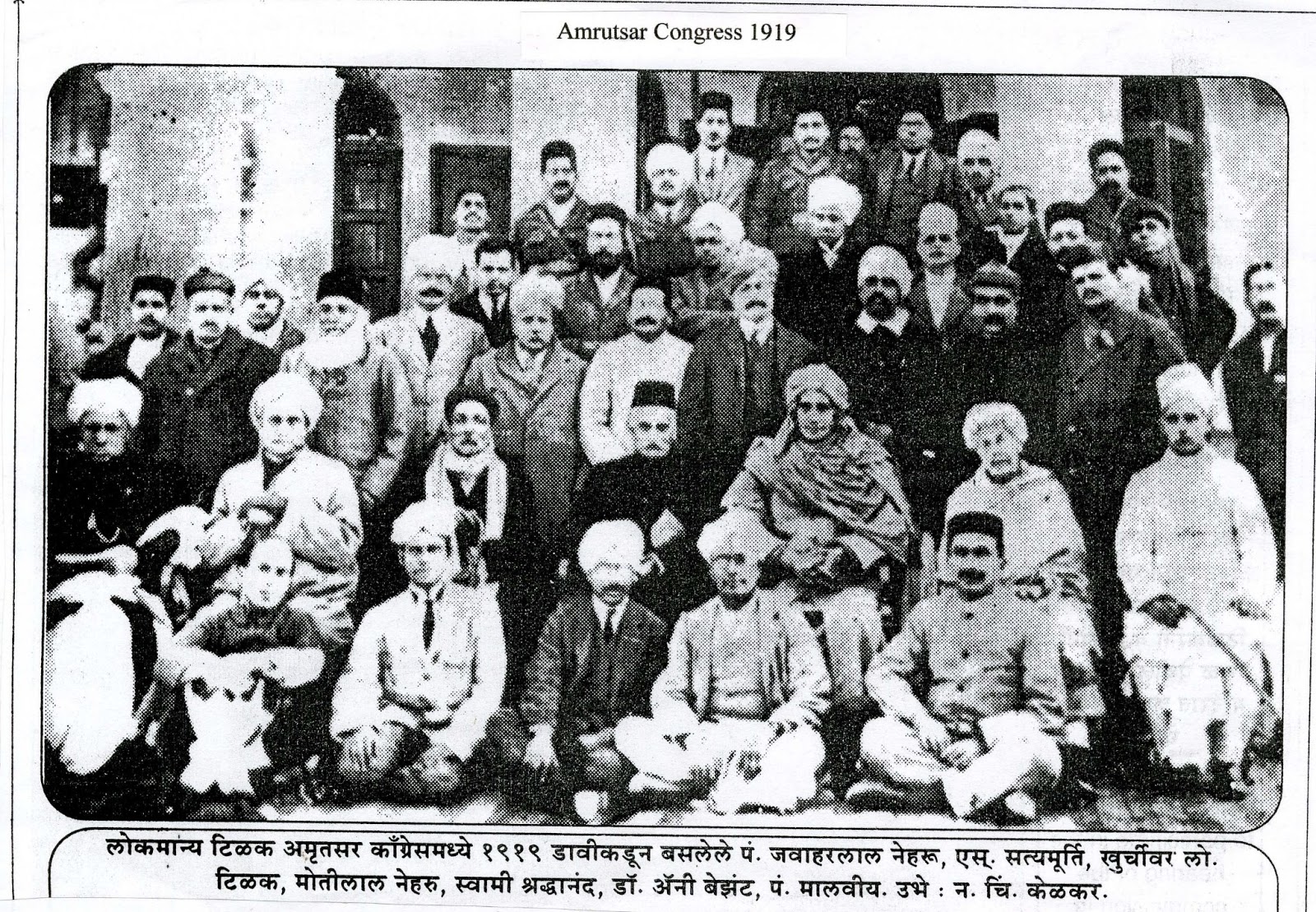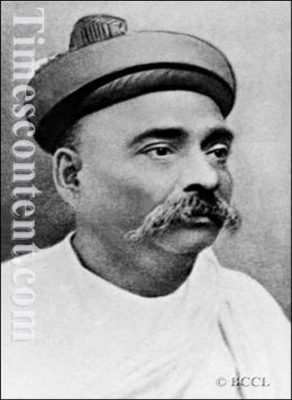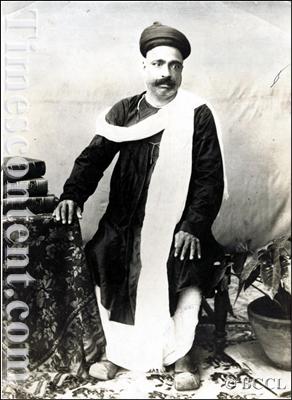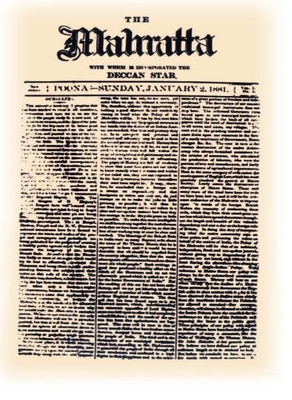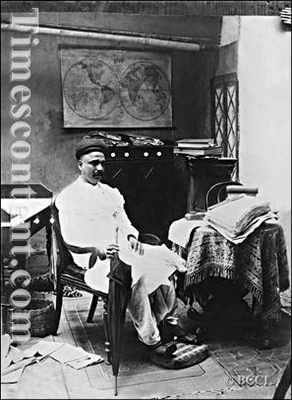Early Life
Bal Gangadhar Tilak, popularly known as Lokamanya Tilak, was born on 23 July 1856 in Chikhalgaon in Dapoli Taluka of Ratnagiri District. The Tilak family belonged to the Chitpavan Brahmins or the Konkanastha Brahmins, a Hindu Brahmin community from the Konkan region. Gangadhar, Tilak’s father, was a Marathi teacher by profession. However, he later acquired proficiency in mathematics and Sanskrit as well. He married Parvatibai, and was blessed with a son, who was originally named as Keshav Tilak (after his great-grandfather, Keshavrao). Though he was called as ‘Balwant’ at home, he was commonly known as ‘Bal Gangadhar Tilak’. Tilak started his schooling in 1861. He was an excellent student who made rapid progress in his studies under the able guidance of his learned father. From an early age, he made himself well versed with Sanskrit, grammar, literature, and also arithmetic. By the age of 16, he had lost both his parents, and was later taken care of by his uncle Govindrao.
